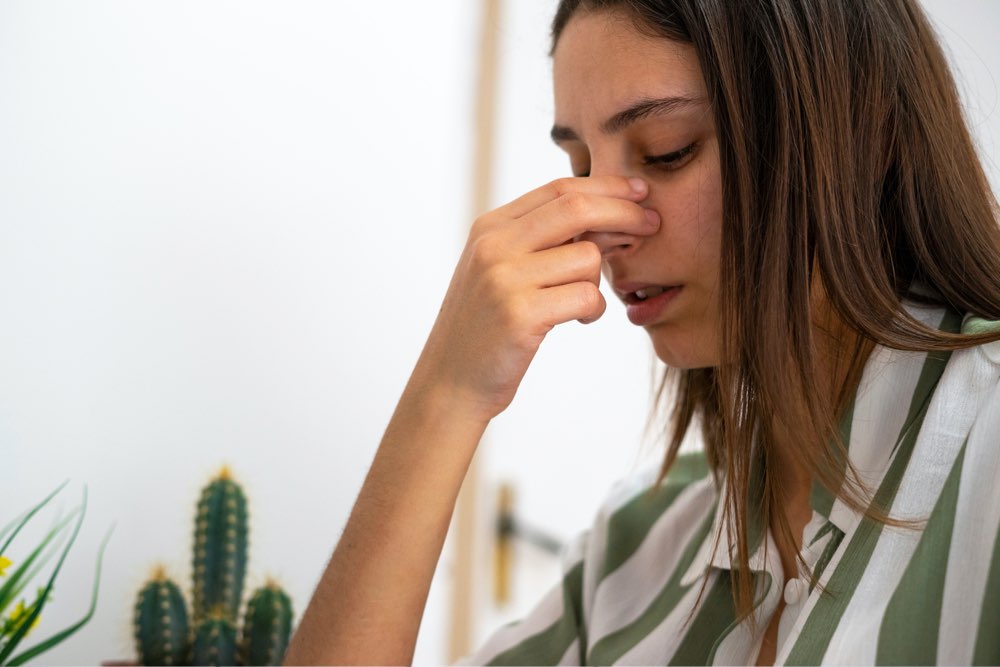Understanding Nasal Polyps: Causes, Symptoms, and Treatment Options
Nasal polyps are benign growths in the nasal passages caused by chronic inflammation, leading to nasal congestion, reduced smell, and discomfort. Treatment includes medications like nasal steroids and antihistamines, with surgery for severe cases. Understanding symptoms and causes can help in managing this common condition effectively. Consult healthcare professionals for accurate diagnosis and personalized treatment plans.

Understanding Nasal Polyps: Causes, Symptoms, and Treatment Options
Nasal polyps are non-cancerous growths that develop within the nasal passages and sinuses. These teardrop-shaped bumps can block airflow and often hang from the nasal lining. Chronic sinus inflammation and persistent irritation are common factors leading to polyp formation, although the exact cause remains unclear. Mild medications can usually manage the condition, but in certain cases, a minor surgical procedure may be necessary for relief. Here's an overview of nasal polyps and how they are treated.
What leads to the development of nasal polyps?
The primary trigger is long-term sinus inflammation, known as chronic rhinosinusitis.
Chronic inflammation continues for over 12 weeks and, along with immune system issues and mucus membrane changes, can stimulate polyp growth. While the exact cause remains unknown, these factors play a significant role.
Recognizable symptoms of nasal polyps include:
Breathing difficulties and a diminished sense of smell due to nasal blockage
Persistent nasal congestion accompanied by facial or forehead pressure
Postnasal drip, where mucus flows down the throat
Blocked nasal passages lead to mouth breathing and may contribute to sleep disturbances like sleep apnea. Other common signs include coughing, eye itchiness, facial pain, and headaches, especially if linked to sinus infections.
Available treatment methods for nasal polyps include:
Medications
OTC and prescription drugs focus on reducing inflammation and relieving congestion. Nasal corticosteroid sprays help shrink polyps and alleviate a runny nose. When allergies are a factor, doctors recommend antihistamines and decongestants to control symptoms.
Surgical options
For larger or persistent polyps, endoscopic surgery is often performed. Surgeons remove the growths to restore proper drainage and airflow, improving breathing and comfort.
Note:
The information provided here about symptoms, treatments, and health conditions is for educational purposes only. It should not replace professional medical advice. Always consult qualified healthcare providers for diagnosis and treatment options tailored to your needs.









